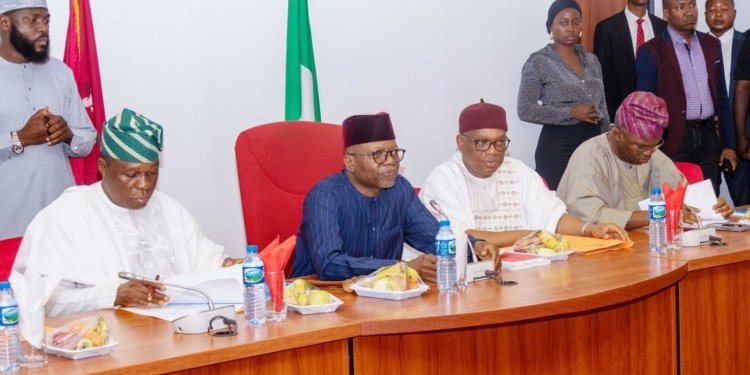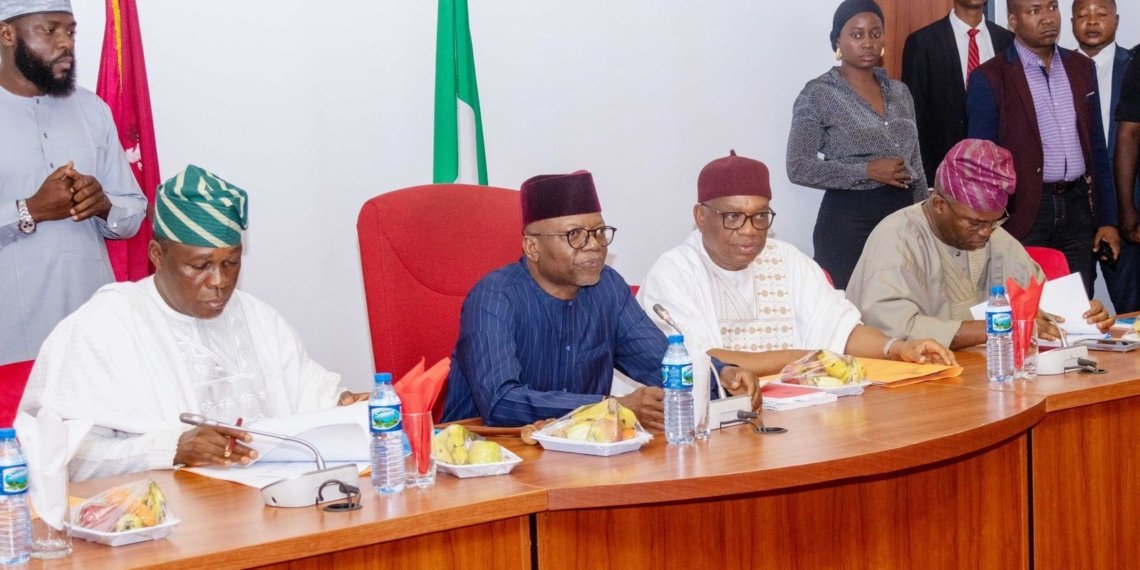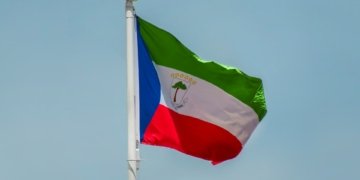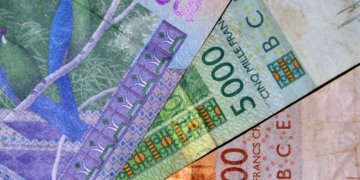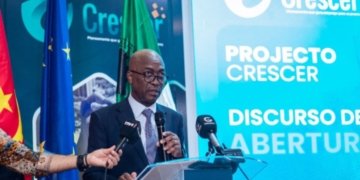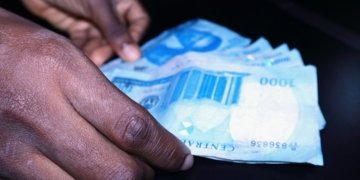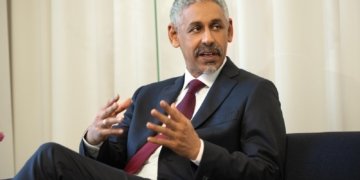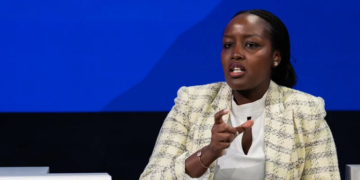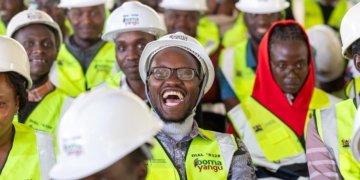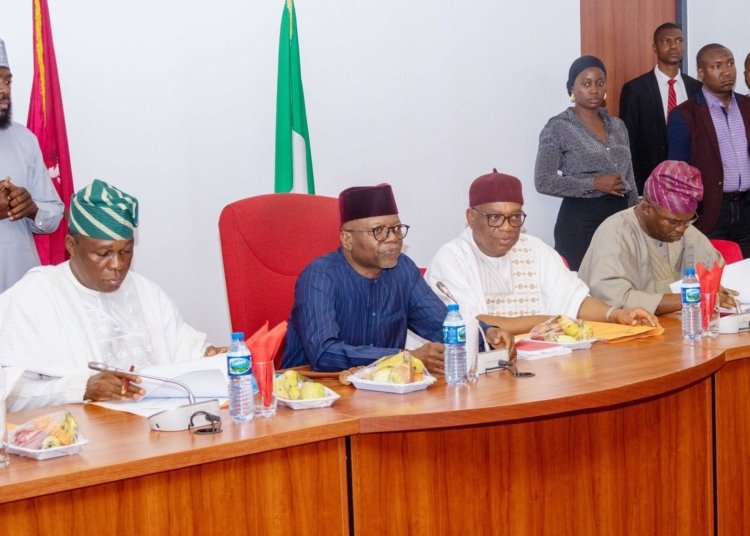ABUJA, Nigeria (BG) –Nigeria’s Federal Minister of Finance and Coordinating Minister for the Economy, Wale Edun, presented an outline of the country’s economic recovery trajectory while defending the 2025 Budget in front of the Senate Committee on Finance on Monday.
Edun was accompanied by the Minister of State for Finance, Doris Uzoka-Anite, the Permanent Secretary, Lydia Shehu Jafiya, and other top officials.
He emphasized the government’s fiscal reforms and their potential to stabilise and rejuvenate the economy.
The minister highlighted several key reforms, including the liberalisation of the foreign exchange market, the deregulation of petroleum prices and efforts to expand domestic refining capacity.
These measures address long-standing inefficiencies in the Nigerian economy while promoting a more sustainable fiscal framework.
Nigeria’s economy has recently faced significant challenges, including high inflation, sluggish growth and a rapidly depreciating naira.
The economic difficulties, compounded by the removal of subsidies on petroleum products and the rising cost of living, have strained households and businesses.
Long-term Benefits of Reform Efforts
Edun acknowledged that the reforms may cause short-term difficulties but stressed their potential to deliver long-term benefits.
He emphasized the government’s focus on creating jobs, reducing poverty and building greater economic resilience.
He also pointed to the government’s focus on infrastructure development, including digital networks and energy projects, to improve productivity and attract private sector investment.
Budget Approval Amid Optimism
The Senate Committee on Finance approved the ministry’s ₦38 billion (about $26.5 million) budget for 2025.
The committee commended the leadership for maintaining fiscal discipline during turbulent times.
While recognising the challenging economic environment, the committee expressed optimism about the transformative impact of the reforms.
Edun noted that these reforms could improve living standards and position Nigeria for sustainable growth.
Experts Caution on Implementation
While the economy is showing signs of recovery, experts warn that the success of these reforms will depend on effective implementation and sustained political will.
For many Nigerians, the road to economic stability will require resilience as the government balances fiscal discipline with social welfare.
President Bola Ahmed Tinubu, in power since May 29, 2023, has consistently promised to improve the economy and ensure national security.
Civil society, the media and advocacy groups have also pledged to push for reforms and better economic outcomes for citizens.
